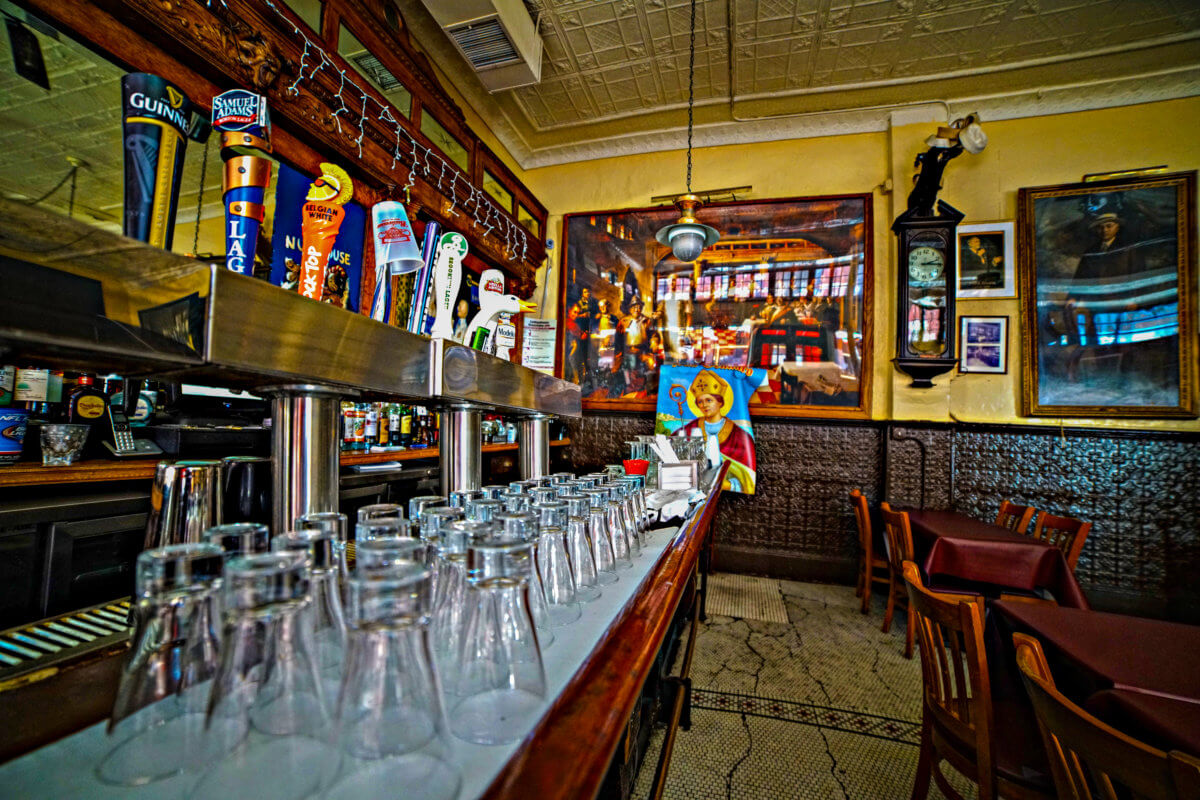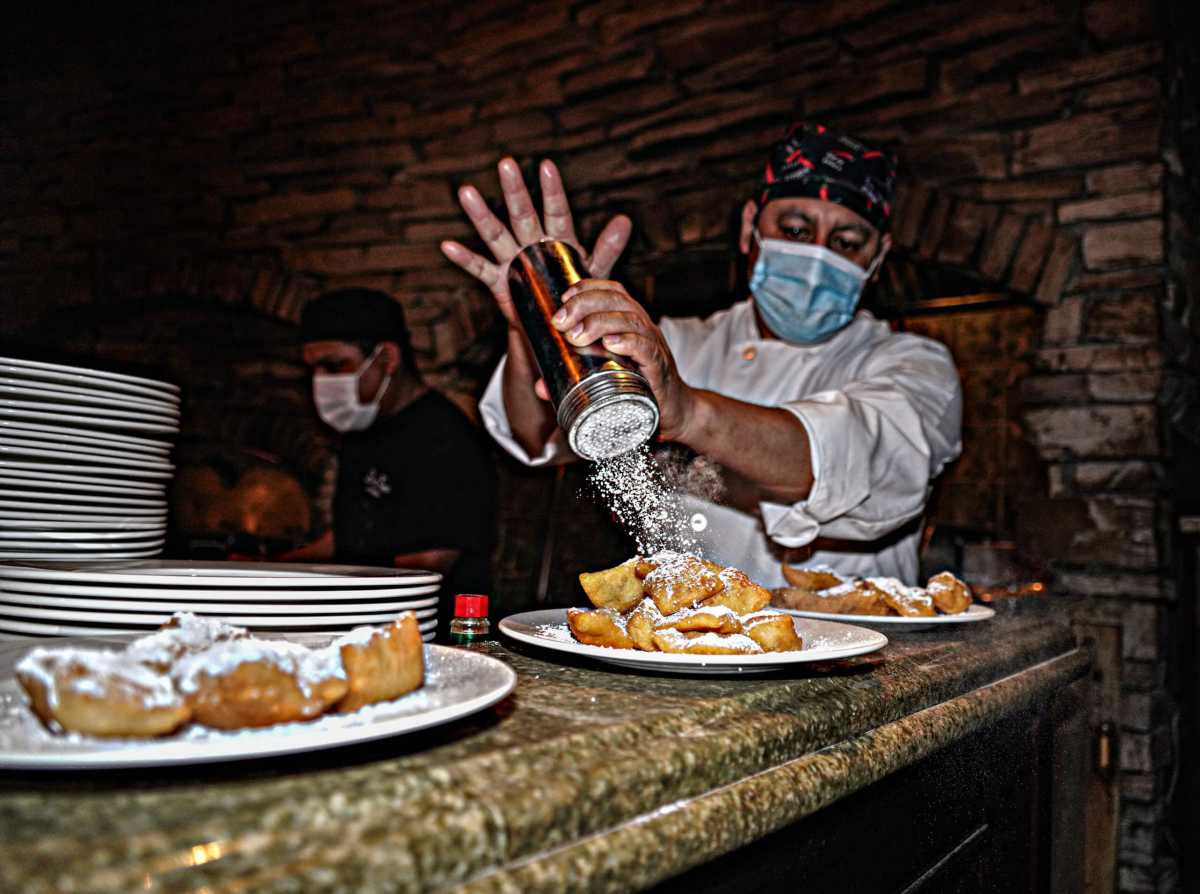The city’s tourist drought amid the COVID-19 pandemic has left Little Italy businesses in tough financial straits.
News headlines have thoroughly documented the ravages of the COVID-19 pandemic, but one only need to walk the streets to see the consequences of a city forced to choose between financial security and life itself — empty storefronts, shuttered doors and windows, and signs reading: closed.
Many New Yorkers are aware of several storefronts that have been lost due to the times in which we live. However, within Little Italy, an entire community of eateries is facing extinction.
Rich in history, Little Italy has been a go-to tourist location for visitors to explore and dine for decades. This income from oversees has helped the Lower Manhattan neighborhood survive amidst soaring rent prices. The annual San Gennaro Feast also brought droves of locals and tourists alike to enjoy freshly made cannoli, hand crafted gelato, powdered funnel cake, and so many other tantalizing treats. Each season brought on the glitter of lights, music, and laughter.
Then the pandemic hit last spring — and now this bustling social hub has become a desert with the dawn of social distancing.
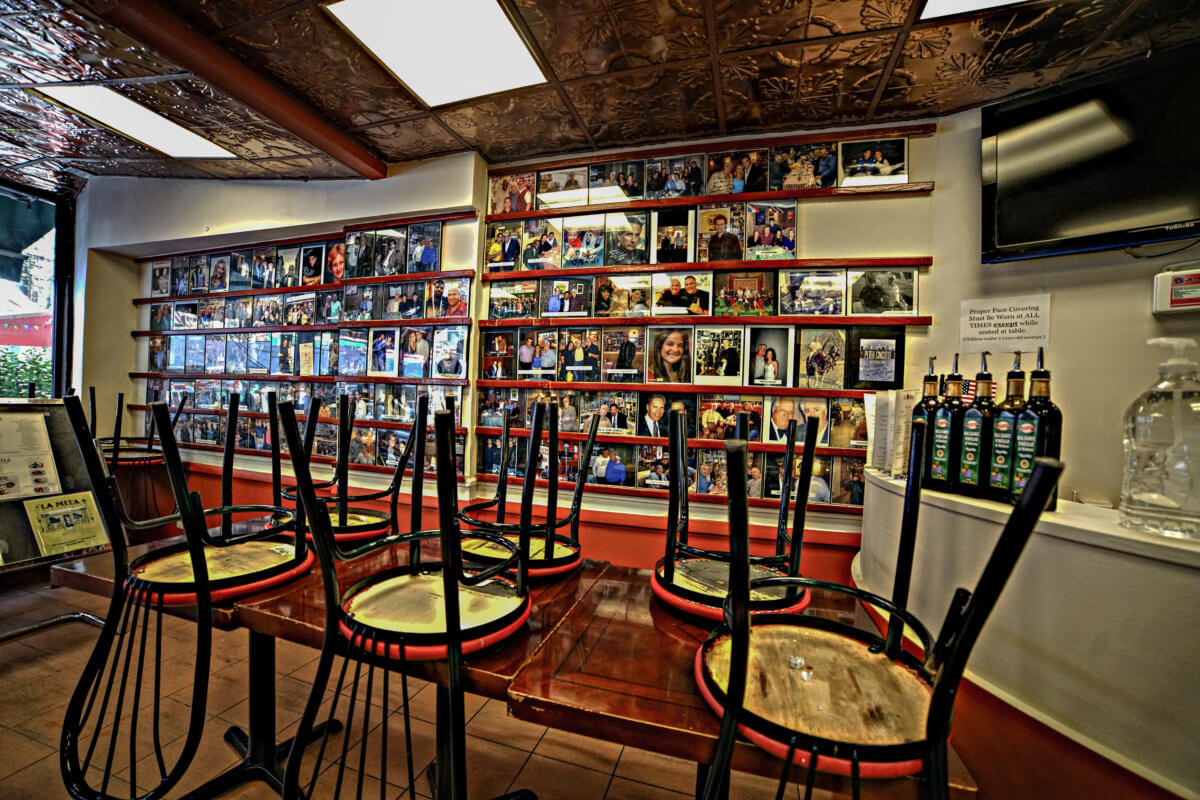
After a year of little to no tourism and the cancellation of the iconic San Gennaro Feast, business owners have been left struggling to survive. Many of the men and women who run restaurants in the area have blood ties to their storefronts, with their family running the bars, diners, and cafes for over a century. But now this lineage is in jeopardy due to the lack of patrons frequenting the area.
“We are here since 1908 but with the landlord and no tourists we are hurting down here. We need help drastically,” said Vivian Catenaccio, the vice president of Little Italy Merchants Association (LIMA) and owner of the Mulberry Street Bar and La Mella Ristroante.
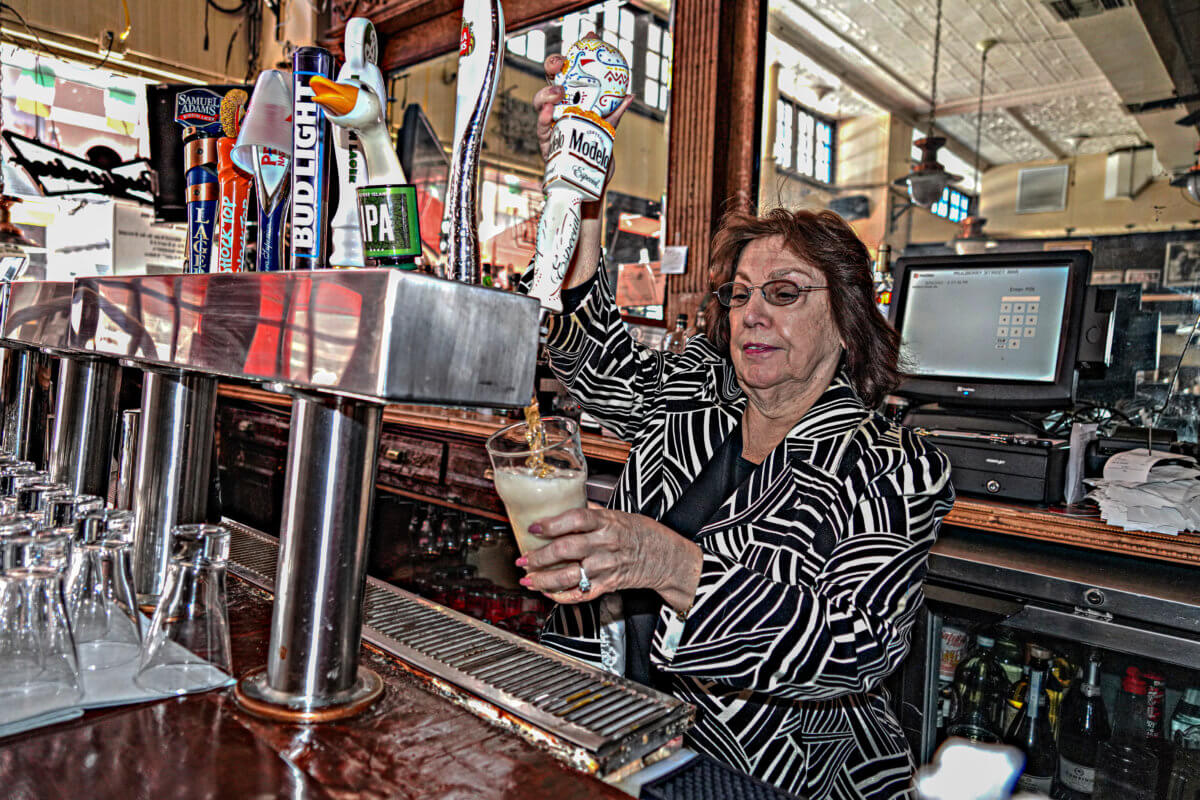
With the state of tourism as it is, many of the restaurants are forced to close two days a week since they simply cannot afford to remain open at a full schedule. On Mondays and Tuesdays, the inside of these renowned businesses are left barren with chairs stacked on tables and the lights shut off.
Mulberry Street is famous for accommodating celebrities, unfortunately all that remains of that facet now are the photographs coating the walls that look out at an empty La Mela Ristorante on 167 Mulberry St.
Those who have dined at these locations know that many of them harbor lavish paintings, antique firearms, and other items from a bygone era such as phone booths. Akin to museums, stepping inside can be like stepping into another world. With such declining patronage, Catenaccio warns that these famed eateries could truly become products of the past if something is not done soon.
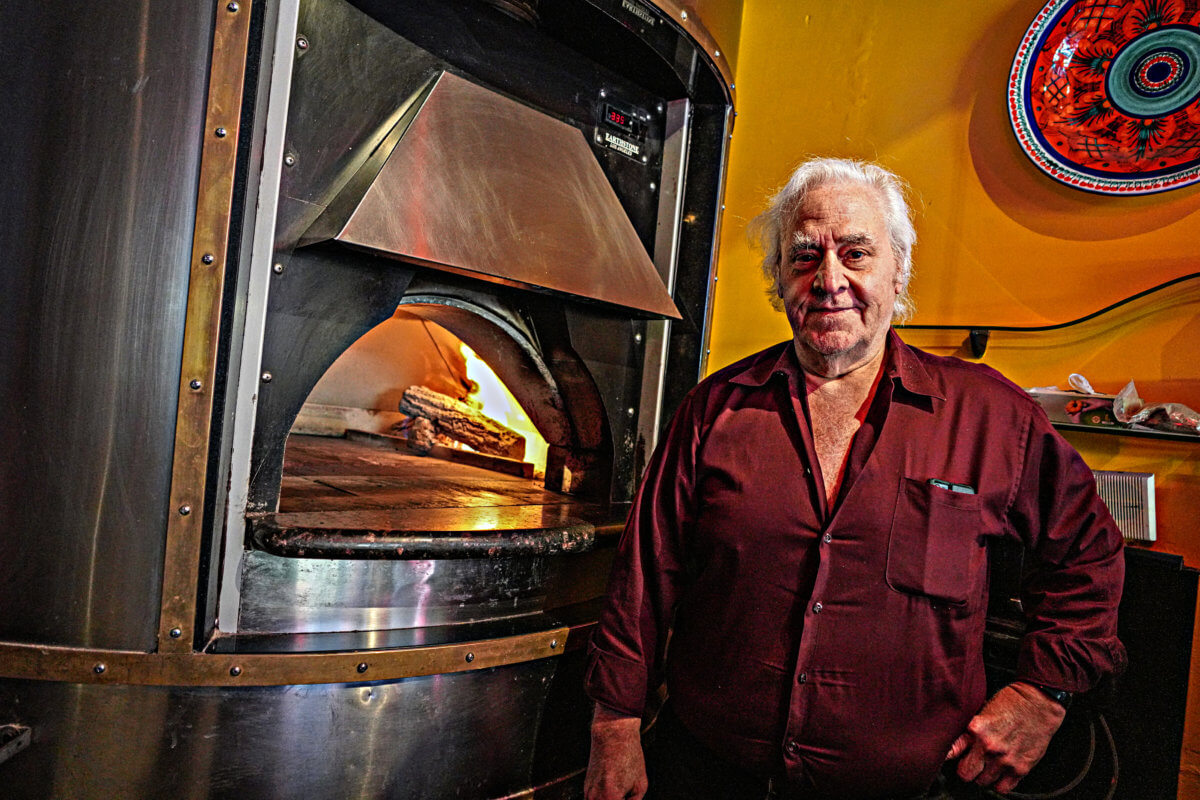
Prior to the pandemic, business was booming with both international and domestic tourists purchasing crafted materials and dining within the many restaurants and pastry shops. But in March 2020, everything came to a screeching halt and since then owners like James Bari, owner of Benito One restaurant, which was established in 1968, have been left to pick up the pieces of their business.
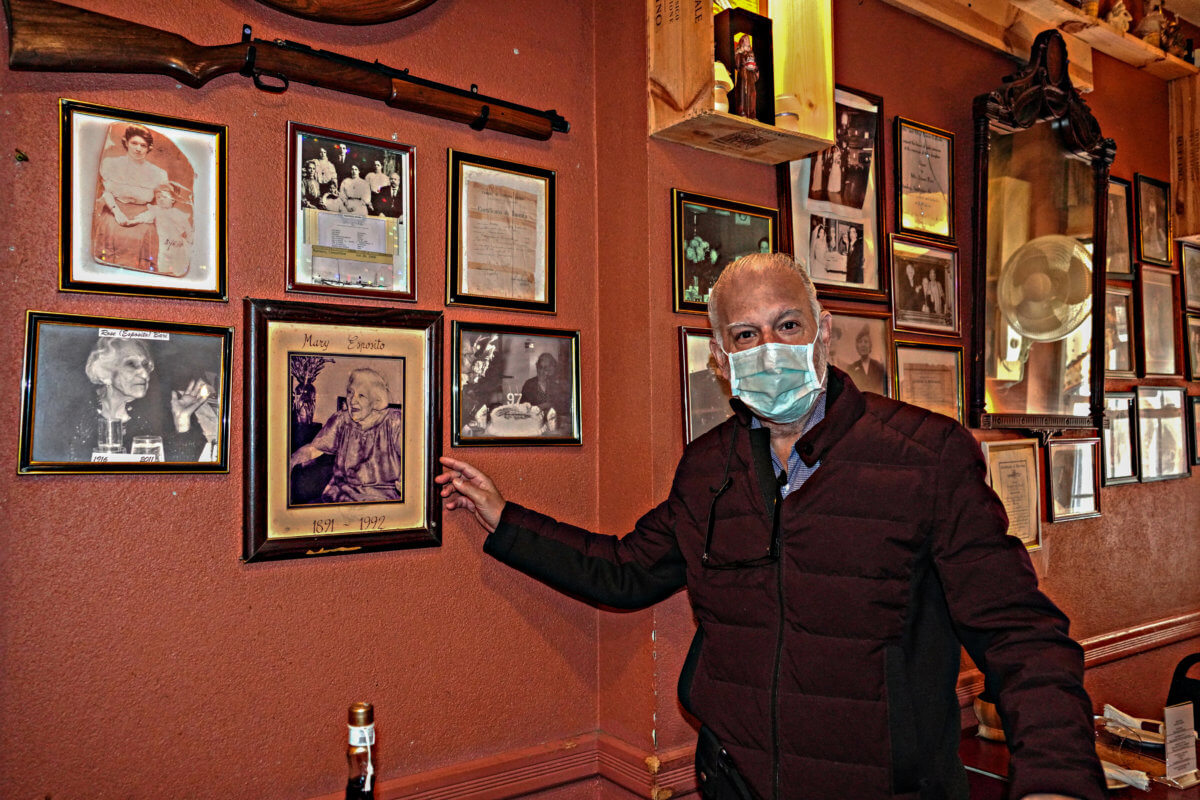
“Mulberry Street depends on tourism. We are not an Uptown restaurant where you have all locals, this is all tourists. Especially during the San Gennaro Feast in September and the Mulberry Street Pedestrian mall from Memorial weekend to Labor Day weekend,” Bari said. “When the pandemic hit, it destroyed us.”
Bari described the stress of creating an outdoor dining space and the rollercoaster ride of regulations shifting every month made it extremely difficult to maintain a business.
Bari shelled out $10,000 to create an outdoor structure in July 2020 while struggling to satisfy the requirements of the Department of Buildings, Board of Health, and Department of Traffic.
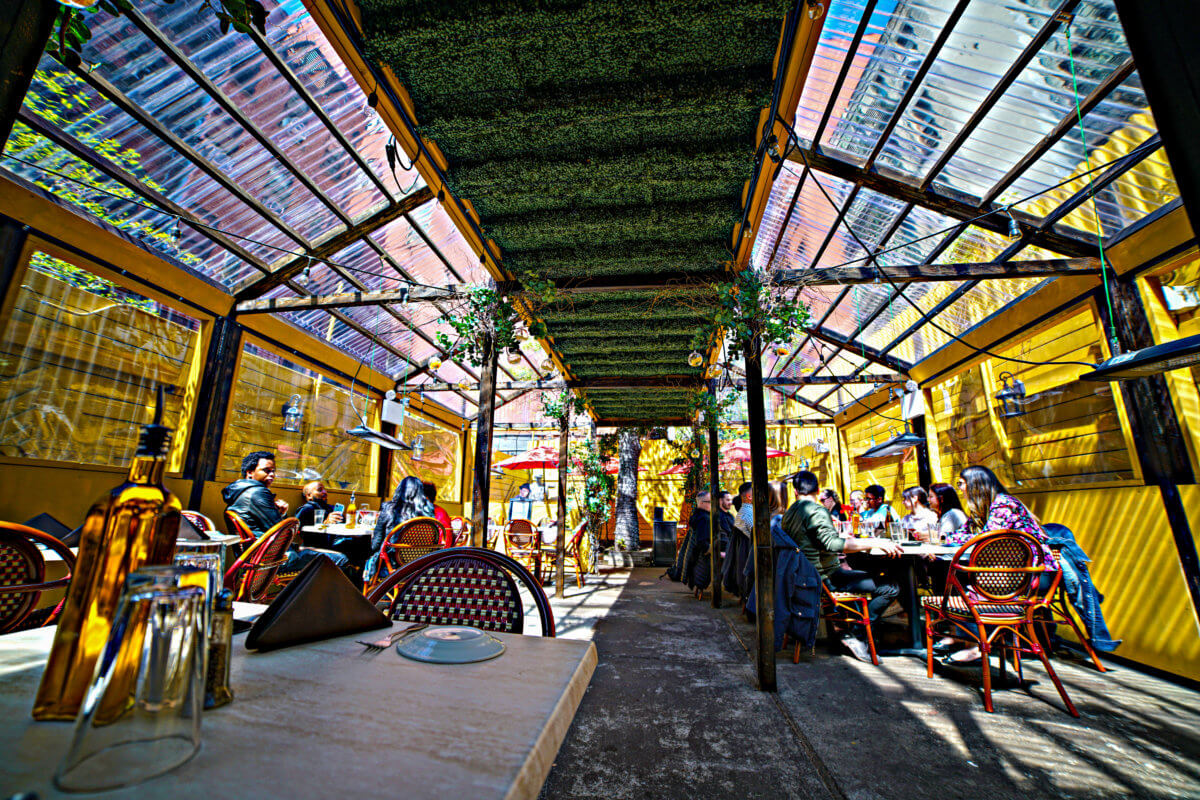
“We don’t know what to do to bring us back,” Catenaccio said. “Most of our restaurants in the three blocks of what we call Little Italy are family owned and we are suffering, and we are losing them one by one, and we can’t do that.”
As both Bari and Catenaccio are doing their best to bring back their staff with the help of PPE loans; however, their outlook is bleak since with the only hope of domestic visitors and travelers from the farthest being New Jersey.
“All we do is spend, spend, spend and we don’t recoup. We don’t know what to do,” Catenaccio said.
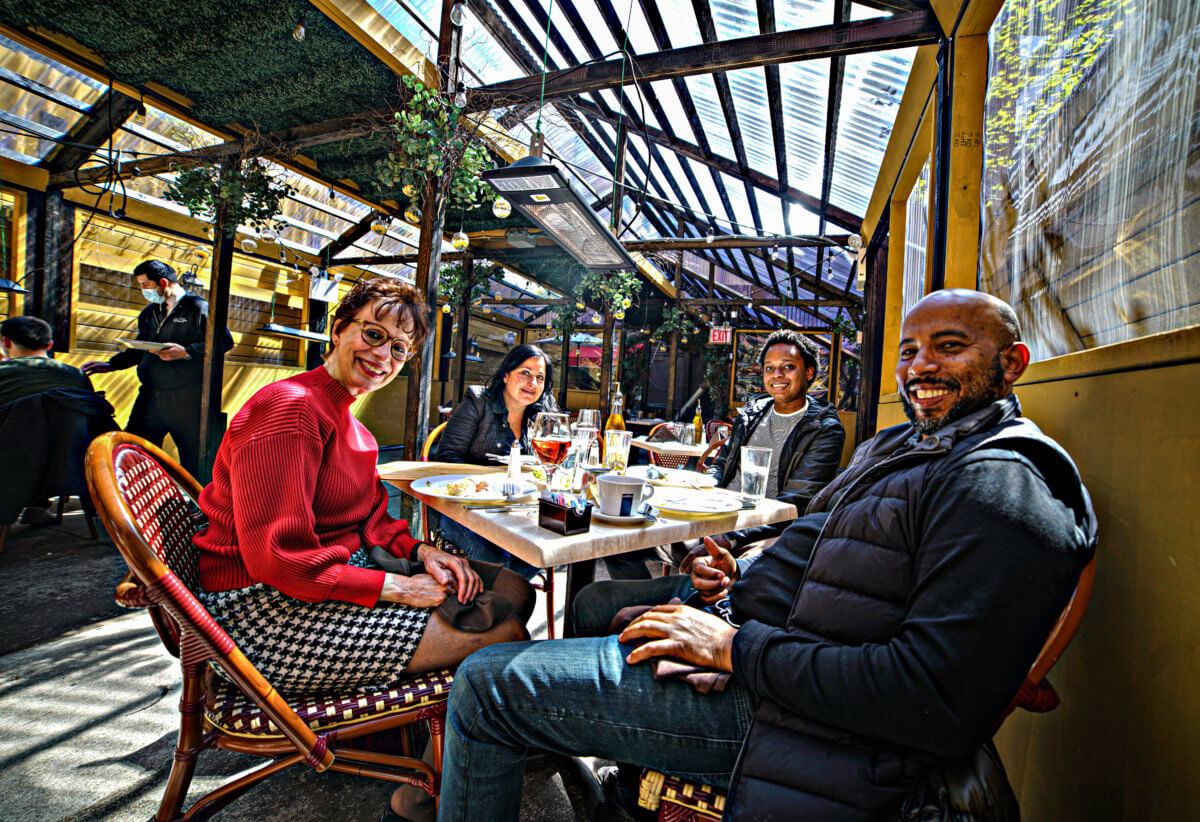
Despite these struggles, Bari wants potential visitors to know that “Little Italy is still alive.” The restaurants are regulation safe and open for business and are hoping to get a grant or some sort of fund to help struggling shops in the area.
